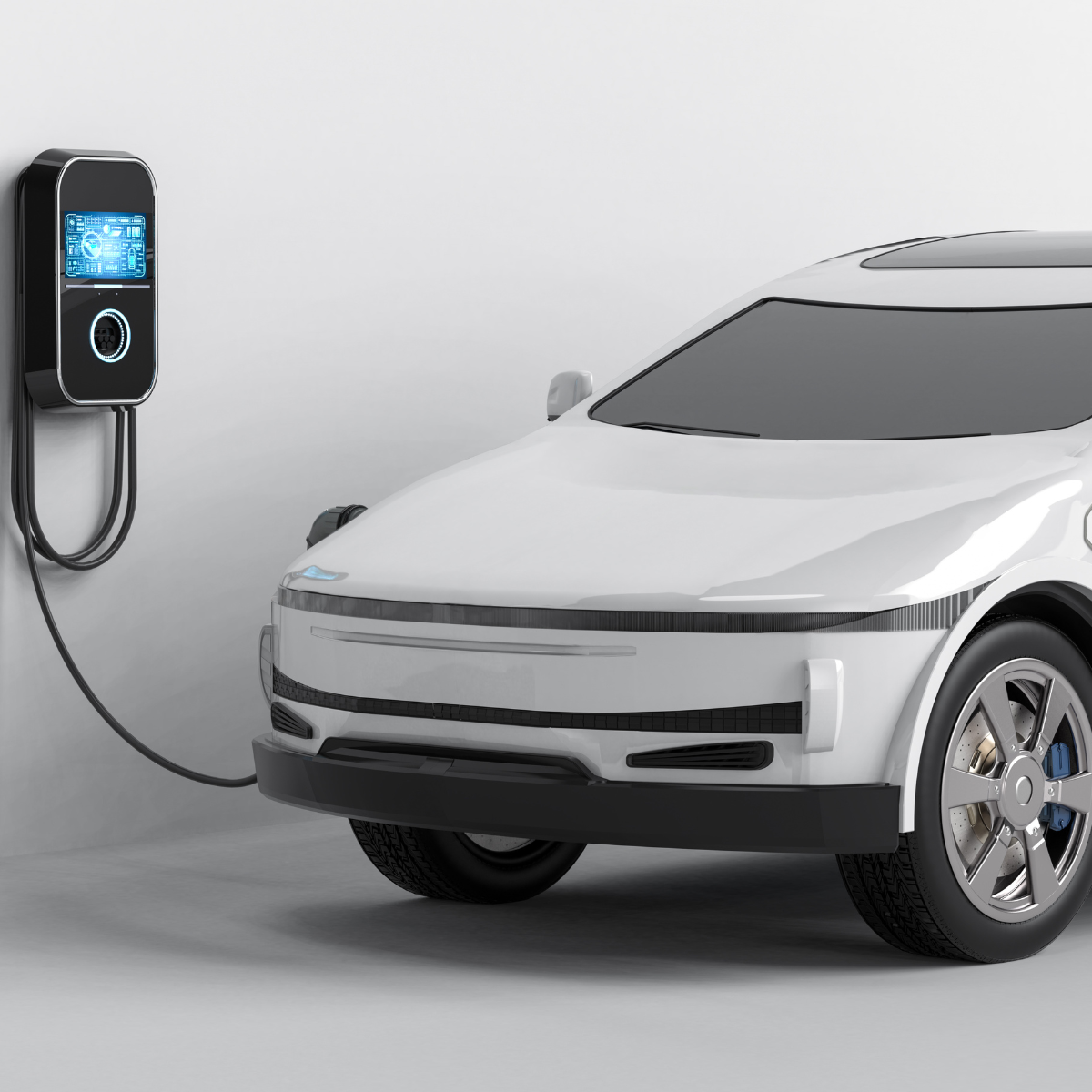Electric cars have captured the world’s attention as an innovative solution to modern transportation challenges. With advancements in battery systems, charging networks, and green technologies, they are becoming more accessible and practical for everyday use. Beyond their eco-friendly nature, electric vehicles (EVs) offer a glimpse into the future of sustainable mobility. This comprehensive guide delves into the latest trends, technological breakthroughs, and key benefits of adopting electric cars, offering valuable insights for potential buyers and enthusiasts alike.
A Look at Current Electric Car Trends
Electric cars are no longer niche products; they’re gaining traction globally. Key trends driving their popularity include:
- Increased Production
Major automakers like Tesla, Ford, and Volkswagen are scaling up EV production, introducing models that cater to diverse needs, from compact cars to luxury SUVs. - Affordable Options
Lower manufacturing costs are enabling more brands to offer budget-friendly electric cars, making them accessible to a broader audience. - Government Incentives
Governments worldwide are providing subsidies, tax breaks, and rebates to promote electric vehicle adoption. - Infrastructure Expansion
The rapid growth of public charging stations is alleviating range anxiety, a common concern among potential EV owners. - Focus on Sustainability
EV manufacturers are emphasizing the use of recyclable materials and renewable energy sources in production, further enhancing their environmental appeal.
Cutting-Edge Electric Car Technology
The advancements in EV technology are remarkable, driving the industry forward and improving user experiences.

- Battery Innovation
Modern EVs use lithium-ion batteries, but solid-state technology is emerging as a game-changer. These batteries promise faster charging, longer range, and enhanced safety. - Autonomous Driving Capabilities
Electric cars are often equipped with advanced driver-assistance systems, paving the way for fully self-driving vehicles. - Smart Connectivity
Many electric vehicles feature integrated software that connects with mobile apps for monitoring battery health, managing routes, and optimizing energy usage. - Regenerative Braking
This system allows cars to recover energy during deceleration, increasing efficiency and extending battery life. - Fast Charging Networks
Ultra-fast chargers are becoming widespread, reducing charging times to as little as 20-30 minutes for a full charge.
Why Choose an Electric Vehicle?
The benefits of electric cars extend beyond being eco-friendly, offering practical advantages for consumers and the environment.
- Environmental Impact
EVs produce no tailpipe emissions, helping reduce air pollution and combat climate change. - Cost Savings
Electricity is cheaper than gasoline, and EVs have fewer components, lowering maintenance costs over time. - Enhanced Performance
Electric motors deliver instant torque, resulting in smooth acceleration and a quieter driving experience. - Energy Independence
Relying on electricity rather than imported oil fosters energy security for nations and consumers alike. - Future-Proof Technology
With continuous upgrades, owning an electric car means staying ahead in terms of innovation and utility.
Challenges Facing the Electric Car Industry
Despite their advantages, electric cars face hurdles that need addressing to ensure broader adoption.
- Range Limitations
While improving, the range of electric vehicles can still be a concern for long-distance drivers. - Charging Infrastructure
Developing an extensive and reliable network of charging stations remains critical, particularly in remote areas. - High Initial Costs
Though operational costs are lower, the upfront expense of an EV is still a barrier for many consumers. - Battery Recycling Issues
Proper disposal and recycling of EV batteries are environmental challenges that manufacturers are working to resolve. - Energy Grid Dependency
As the number of EVs grows, the strain on power grids could become a significant issue if not managed proactively.
How Electric Cars Are Transforming Transportation
The shift toward electric vehicles is reshaping the global automotive landscape, benefiting consumers and industries alike.
- Urban Mobility Solutions
EVs are ideal for city driving due to their quiet operation, compact designs, and lower emissions. - Fleet Electrification
Companies are transitioning their delivery and service fleets to electric models, reducing operational costs and carbon footprints. - Integration with Renewable Energy
Electric vehicles pair seamlessly with solar and wind energy systems, promoting a sustainable energy cycle. - Smart Transportation Networks
Electric cars are becoming integral to smart city initiatives, where connected vehicles enhance traffic management and reduce congestion. - Economic Growth
The EV industry is creating jobs in manufacturing, research, and infrastructure development, driving economic progress.
Government Policies Boosting EV Adoption
To accelerate the transition to electric mobility, governments are implementing policies that make EVs more attractive.

- Subsidies and Rebates
Financial incentives lower the purchase price of electric cars, encouraging more consumers to make the switch. - Emission Standards
Stricter regulations on vehicle emissions push manufacturers to focus on cleaner technologies. - Charging Infrastructure Investments
Public and private sector collaboration is rapidly expanding the availability of charging stations. - Fleet Transition Mandates
Governments are requiring public transportation and commercial fleets to shift to electric vehicles, setting an example for private users. - Education and Awareness Campaigns
Promoting the benefits of EVs helps dispel misconceptions and build consumer confidence.
Choosing the Right Electric Car
Selecting the perfect electric vehicle depends on individual needs and preferences.
- Assess Your Driving Habits
Consider the average distance you travel daily and ensure the car’s range meets your requirements. - Evaluate Charging Options
Check for home charging compatibility and the availability of public charging stations nearby. - Compare Models
Research different brands and models to find one that suits your budget, style, and feature preferences. - Factor in Incentives
Take advantage of government rebates and tax credits to reduce the overall cost. - Test Drive
A test drive allows you to experience the car’s performance, comfort, and features firsthand.
The Future of Electric Vehicles
The trajectory of electric vehicles points to a transformative impact on global transportation systems.
- Mass Adoption
Projections indicate that electric cars will make up the majority of new car sales within the next two decades. - Innovative Materials
Lightweight materials like carbon fiber and advanced alloys are improving EV efficiency and performance. - Autonomous Electric Fleets
Self-driving EVs will revolutionize public transportation and ride-sharing services. - Global Collaboration
International partnerships are driving research and development, leading to faster technological advancements. - Circular Economy Practices
From manufacturing to recycling, the EV industry is adopting sustainable practices to minimize waste and environmental impact.
Conclusion
Electric cars symbolize the future of transportation, offering a sustainable and technologically advanced alternative to traditional vehicles. As trends like improved battery technology, autonomous features, and smart connectivity shape the industry, EVs are becoming more appealing and practical for everyday use. While challenges remain, the concerted efforts of governments, manufacturers, and consumers are paving the way for a cleaner, greener future. By exploring the possibilities and benefits of electric vehicles, you can be part of this exciting transition and contribute to a sustainable tomorrow.

Leave a Reply